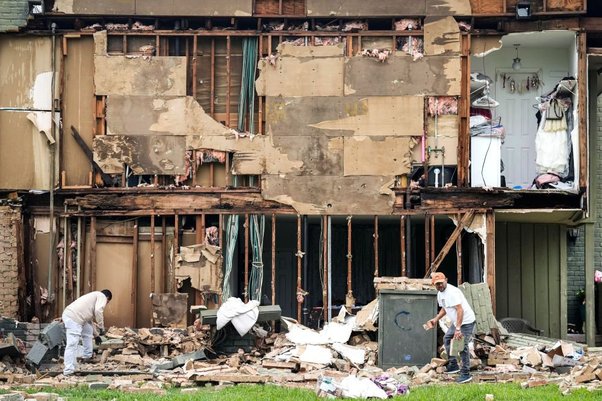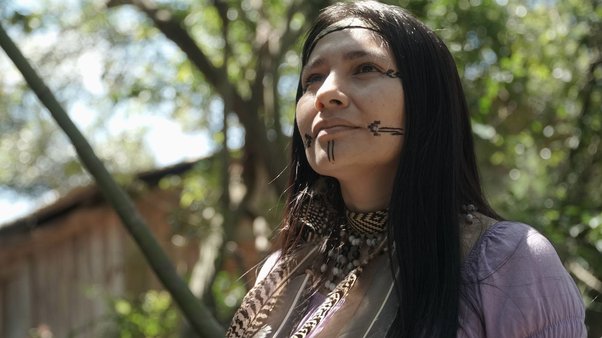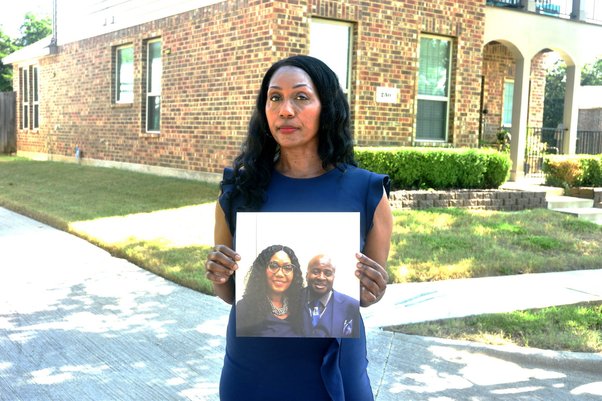A Houston resident describes a community coming to its own aid after brutal hurricanes and flooding
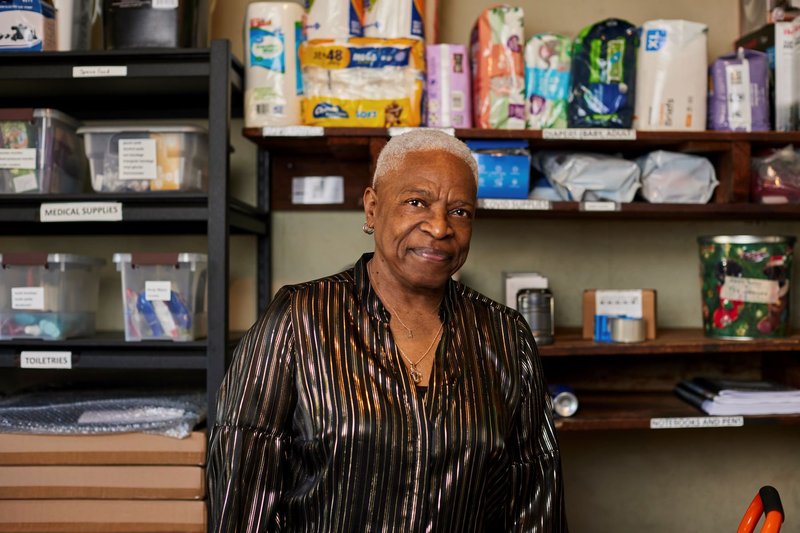
Ms Doris Brown has opened her home to the mutual aid network she co-founded in Houston, which helps the local community withstand hurricanes. Michael Starghill
Insulin coolers, propane tanks and an inflatable kayak. These are some of the emergency supplies that Ms Doris Brown keeps in her Houston, Texas garage.
The closest lake is miles away, but the kayak in Ms Brown’s garage isn’t for recreation.
Her house is a resource “hub” in a network developed by the disaster recovery non-profit West Street Recovery and the Northeast Action Collective, which she co-founded.
The kayak is there to help evacuate her neighbors the next time it floods.
That will be sooner than anyone wants. Houston is already exceptionally prone to flooding.
It has grown by a million people in the last 25 years, and has paved over much of the wetlands that used to absorb stormwater.
And the climate crisis has supercharged the storms already hitting Houston. The US considers Harris County, which includes the city, to be at the highest weather and climate risk in the country.
Houston climate impacts
Since 1970, when Ms Brown was 20, Houston has grown hotter by about 4.2°F (2.3°C). Now, she says, the midday heat is so extreme it has changed the way she lives her life.
“I have breathing problems. I have COPD [chronic obstructive pulmonary disease] and asthma. I am a prisoner in my own home.
“I go out there, and it just seems to snap my breath away, and I run back in the house because it's too hot for me out there.
“That impacts my life a lot because I’m a go person … I mean, I'm only alive at night. Now, you know, that's sad, it really is.”
In 2017, Hurricane Harvey dumped a trillion gallons of water over Harris County in four days. It was the second most expensive hurricane to hit the US, with 2024-adjusted costs of US$160 billion.
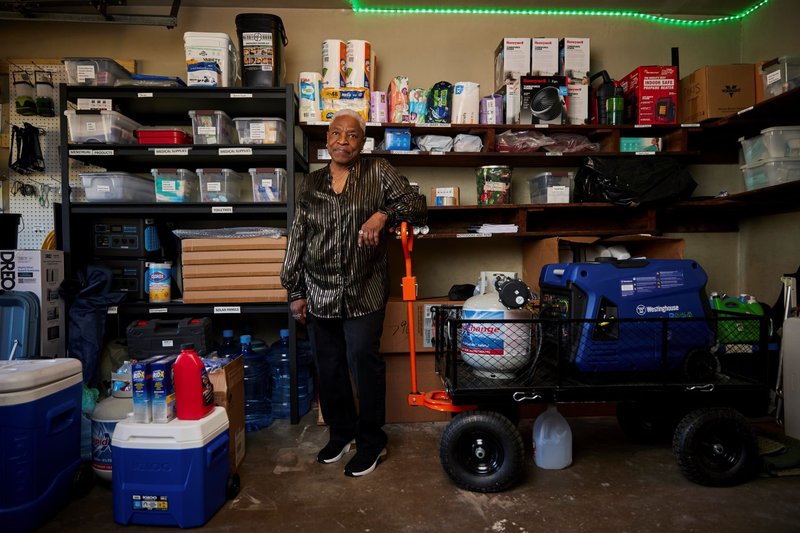
Racial inequities in the climate crisis
The US Federal Emergency Management Agency (FEMA) approved hundreds of thousands of claims for housing assistance related to Harvey.
Ms Brown’s roof fell in during the storm. In its wake, the walls of her house grew mold, making her lung diseases worse.
“They put me on some different, stronger medicine,” she says.
But her FEMA claim was denied.
Evidence shows that FEMA often provides less aid to disaster survivors of color, even when they experience the same climate damages as white people. Ms Brown, a veteran of the civil rights movement, is Black.
Research has shown that on average, the Black-white wealth gap grows by $127,000 in the years after a disaster declaration – an outcome West Street’s work aims to avert.
Hurricanes and extreme heat
Analysis by World Weather Attribution shows that Harvey’s extreme rainfall was made three times more likely by climate change.
This summer, Hurricane Beryl was the earliest Atlantic storm ever to reach Category 5, before it hit the Texas coast as a weakened, but still deadly, storm.
Millions of people, including Doris Brown, lost power for over a week at the height of summer. At least 11 in the Houston area died from the heat.
Hundreds of oil and gas firms operate from the Houston area, which bills itself as the “Energy Capital of the World.”
These companies could be forced to pay for the loss and damage costs incurred by climate-related disasters by a new bill – the Polluters Pay Climate Fund Act.
Keep fighting, because I feel in the end we are going to win
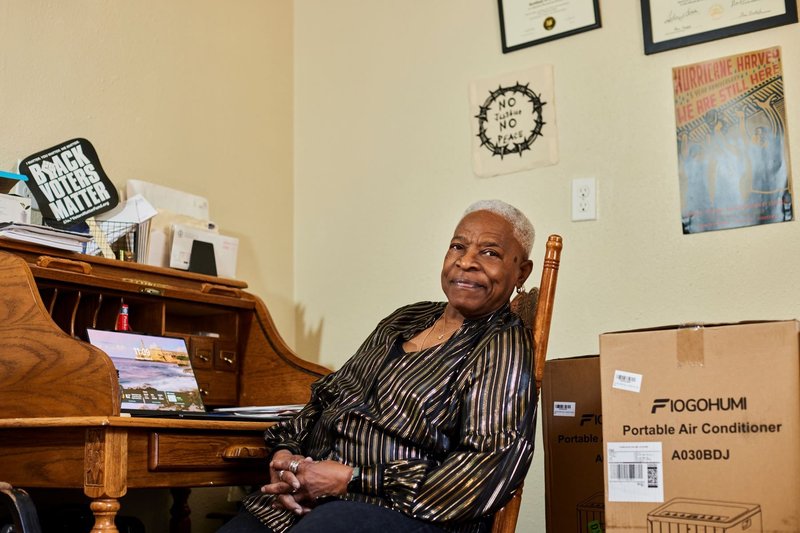
Living in Houston, Ms Doris Brown has had to survive multiple hurricanes, which have been supercharged by the climate crisis. Michael Starghill
If passed, this bill would compel fossil fuel companies based in or operating inside the US to contribute towards a $1 trillion climate finance pot, which will fund recovery from extreme weather events and other climate damages.
It is just one example of how the private sector, particularly industries with a dangerously high emissions record, could be mobilised to help communities survive the climate crisis – particularly at a time when developed countries have proven reluctant to contribute to the UN’s loss and damage fund.
“We did not cause this,” Ms Brown says. “But we must stand strong and stand in solidarity.”
West Street Recovery ended up rebuilding Ms Brown’s house after Hurricane Harvey. She is now its co-director of research, organizing and special events.
“Keep fighting, because I feel in the end we are going to win.”
*Quotes have been slightly edited for clarity and brevity, while not changing the meaning.
